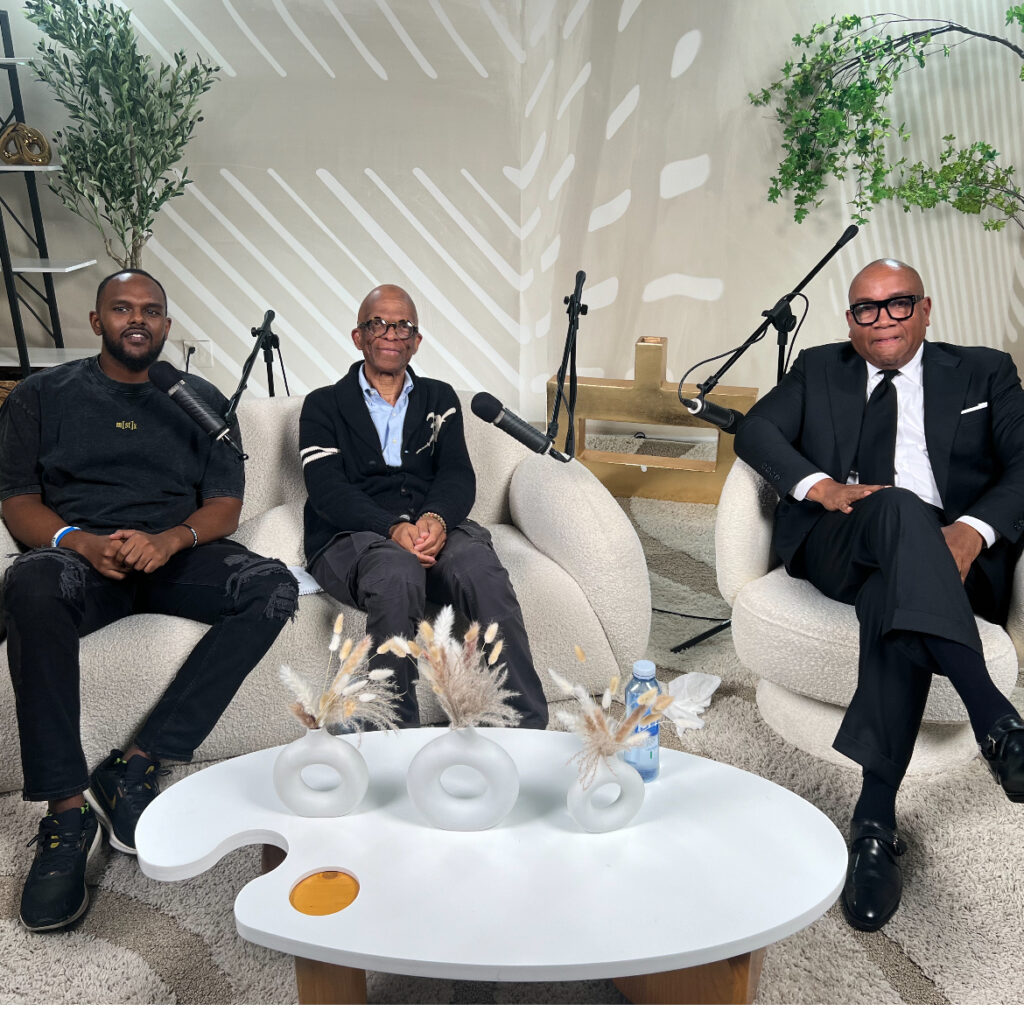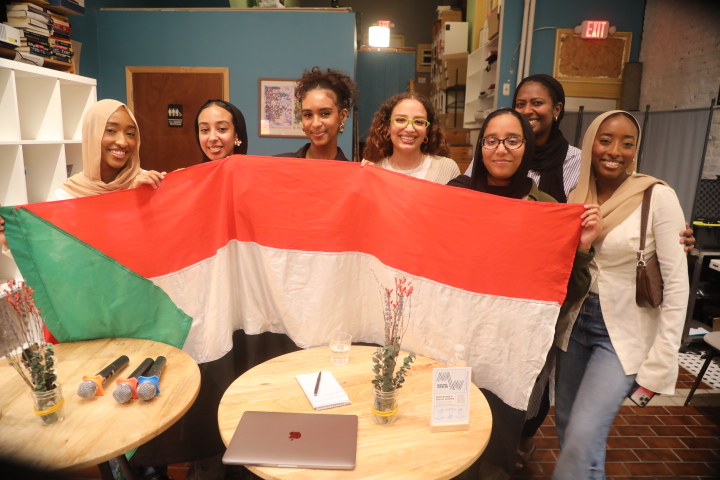Sudan’s diaspora raising funds and awareness
By Jehron Muhammad
@JehronMuhammad
The World Population Review estimates that over 70,000 Sudanese Americans live, work and attend college in the U.S. While small in number, according to Sudanese American Ibrahim Mohamed, “with a united effort,” their political and cultural insight, offered within the diaspora, could inform on key policy issues that they consider important, “including foreign policy, immigration, and civil rights,’ noted newarab.com.
Mohamed runs a tech startup and a digital media agency that manages influencers. In addition he oversees “Nile Nights,” a platform that connects talent from the Sudanese diaspora that perform and “raise awareness and funds to causes supporting Sudan.”
This writer, who has lived in Sudan’s capital city Khartoum, was Introduced to Mohamad recently in New York while appearing on The Oasis Podcast, where, along with University of Ottawa Professor Awad Ibrahim – streamed in from Canada – the three of us discussed the crisis that is Sudan. Hosted by music industry veteran, Abdul Haqq Islam, the weekly podcast features intimate and informative discussions with Muslim American professionals.
According to Haqq Islam, “the Oasis Podcast is like a living lifestyle magazine where we talk about politics, we talk about fashion, we talk about comedy, we talk about the life of Muslims in general. As a community we have a strong voice, but we are not being heard. With there being more than two billion Muslims worldwide, and that number is projected to reach over three billion by 2036, we should have more of a collective global presence.”
Asked during the podcast why he featured a “segment on Sudan?” Haqq Islam said, “A lot of attention is being focused on our brothers and sisters, rightfully so, in Palestine. But the majority Muslim community in Sudan, representing the largest displaced population in the world, at over 11 million, out of a population of 44 million, receives little or no media coverage.” He added, “That is the same in Mali, in Burkina Faso, in Niger, where they’ve gotten rid, their former colonizer, the French. They receive little or no attention.” He noted, “They’re making a lot of political strides to control their own natural and mineral resources. And I think it’s a part of my mission to showcase the politics and economics of the global Black Muslim community.”

Mohamed said Nile Nights won’t host another show, featuring new talent, until April 2025 at the Howard Theatre in Washington D.C. “And now we’re trying to expand Nile Nights. Our season one is done, but we’ll be back in April for season two. And we’re trying to expand, bring on new talent, new artists, and just continue to raise awareness. And so while we won’t have events until April, we’ll be active on social media. We’ll be involved in producing a lot of political content, original content that we create, that we think is catchy, bold, short, but effective messaging, that tells people about what’s going on in Sudan, and gets highly shared.”
.
Another Sudan support event, attended by this writer, was a film showing and discussion, hosted by Philly For Sudan. The event took place in Philadelphia, at the Making Worlds Bookstore, and was the first in a film series paying tribute to Sudan’s spirit, showcasing powerful Sudanese narratives and capturing the complexities and richness of the North Eastern African country. The 2022 film was “Heroic Bodies” by Sara Suliman. In addition to discussing the history of Female Genital Mutilation, the film documented present day Sudan, which before the current war, had brought greater equality and freedom for women.
Asked to explain the origin of Philly For Sudan, Temple University engineering student Rymaz Ahmed, whose parents migrated to the U.S. from Sudan said, “We started it a couple months ago… and we started it originally because we saw a lack of participation from the Sudanese community in Philly for advocating for Sudan. And since we have one of the largest Sudanese communities in America, we thought we needed to do something about that.”

She added, “We’re a pretty small group, but we’ve been putting in a lot of work just advocating for Sudan, teaching people about the conflict. We hosted a teach-in over the summer at our community center just to teach people about the war in Sudan. A lot of people aren’t aware, and a lot of people are misinformed, thinking that it’s just a civil war, when it’s more of a proxy war. So we’ve been trying to educate. And then also we’ve raised funds for the people in Sudan. So we have collaborated with other organizations including Aid Kitchen and the Sudan Refugee Project.”
The Sudanese diaspora is not just in America, it is mostly Internally Displaced Persons (IDPs) and persons fleeing to surrounding countries. One IDP is school teacher, Zakia Sideeg, who, because of the conflict between the Rapid Support Force and the Sudanese Armed Forces fled Sudan’s capital city Khartoum and is now living in her family home town of Tandalti in White Nile State.
Responding to an emailed question, as to the assistance she and other displaced Sudanese receive from the diaspora, she wrote:
For those who left, the story is no less heartbreaking. The Sudanese diaspora has become an extension of our suffering, a lifeline stretching across borders. They are refugees, uprooted from their homeland, struggling to rebuild their lives in foreign lands. Yet, despite their own battle with displacement and alienation, they shoulder a burden that few outside our circle can comprehend.
“Their days are consumed by toil, their nights by worry. They send back money, often earned under the harshest conditions, knowing that without these remittances, families like mine would face hunger, homelessness, or worse. They are our providers, sacrificing their own well-being to ensure that we, the ones who could not leave, can hold on just a little longer. Their love for Sudan, even from afar, is a testament to the unbreakable bond we share as a people.”
-30-
